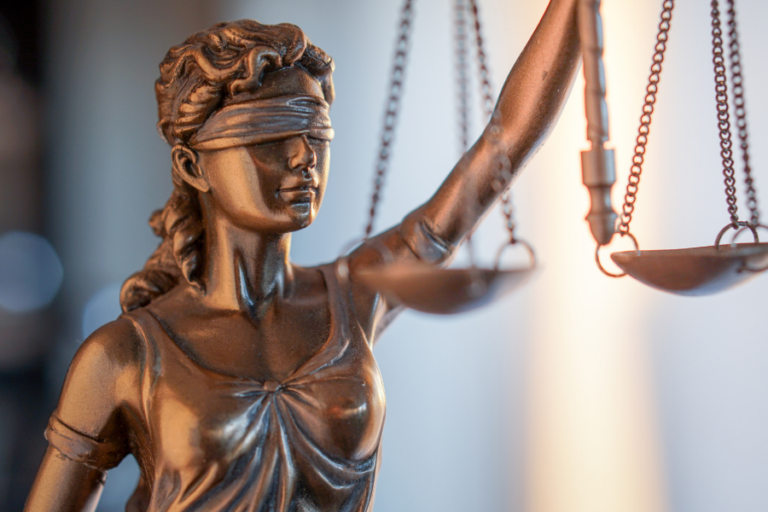As a last resort, the police may decide to place you under arrest for a crime you are suspected of committing in order to question you. They have to read you your Miranda rights if this happens. It is important to remember that even while you have the right to stay silent and have an attorney present during interrogation, as well as the right to have an attorney appointed to you if you cannot afford one, everything you say can and will be used against you in court. Can police and prosecutors still use your comments against you if you are not read your rights?
In what sense do you mean by “custody?”

Clients frequently come to josephlento.com with questions regarding whether or not they were in police custody. This is very important, as it decides whether or not the police are compelled to read you your Miranda rights. The police will often wait to make an arrest in the hopes that you will feel less threatened and more willing to reveal information that may incriminate you. If you make this error, the police will be more than happy to arrest you, therefore, it’s in your best interest to hire a criminal law attorney Philadelphia residents to recommend.
Argumentative Claims and Supporting Statements
The government cannot use any statements you make to police after arresting and being read your Miranda rights as evidence in court. So, if you’ve ever been arrested and then found out the police didn’t read you your rights before questioning you, as they were supposed to do, contact the top criminal lawyer in Philadelphia as soon as possible.
In summary, when arrested or questioned by police officers, it may be best to keep quiet until an attorney is present even if your Miranda Rights were read to you as this offers the best protection from self-incrimination and use of statements against yourself in court proceedings.
Why We Need to Talk About Force

Constantly, we see that the police may resort to dubious means to coerce suspects into making confessions or admissions that may help their cases. If you and your criminal defense lawyer can prove that the police officers’ techniques were questionable at best, the lack of a Miranda warning will no longer be taken as evidence that you were coerced into delivering an incriminating statement. If this occurs, any evidence collected by the police later, including your statements, will be thrown out.
Conclusion
No, whatever you may have said cannot be used against you in court. The Miranda Warning includes having the right to remain silent and also that anything one says can be used against them in a court of law. Therefore, without these warnings being read, everything you say cannot be used as evidence because it would violate your right to silence. In such a case it would be best to consult with an attorney if at all possible and make sure you are aware of the legal rights before speaking with any law enforcement or prosecutors.

